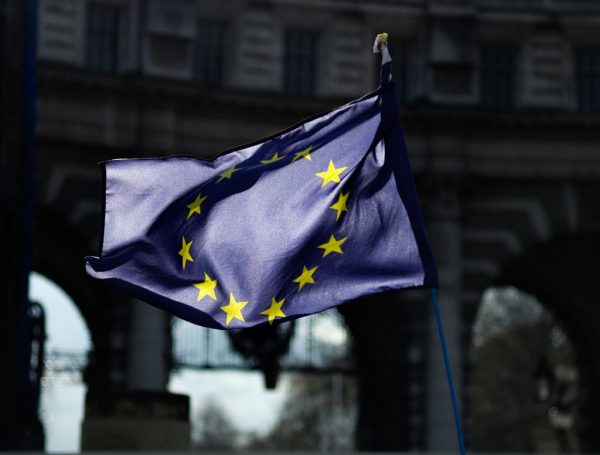
Despite the UK’s withdrawal from the European Union throwing the country’s politics into chaos and uncertainty, private investment in its biotech industry represents a rare bright spot, according to a new report.
The report, released on Monday by the UK Bioindustry Association, found that while follow-on financing in the first quarter of 2019 fell far short of the figure at the same time last year – from 266 million pounds (350.6 million) to 95 million ($125.2 million) – venture capital rose from 135 million to 182 million ($178 million-$240 million).

With the Rise of AI, What IP Disputes in Healthcare Are Likely to Emerge?
Munck Wilson Mandala Partner Greg Howison shared his perspective on some of the legal ramifications around AI, IP, connected devices and the data they generate, in response to emailed questions.
Of the venture capital raised, the majority – 105 million pounds ($138.4 million) – was Series B, while Series A rounds comprised 35 million pounds ($46.1 million). Additional funding came in the form of 3 million ($4 million) in seed financing and 39 million ($51.4 million) in undisclosed rounds. There were no post-Series B rounds.
As in the US, 2018 was a strong year for biotech in the UK, with the 2.2 billion pounds ($2.9 billion) being nearly double the 1.2 billion ($1.6 billion) raised in 2017, according to another report. Given the earliness of the data, there were no comparative figures for initial public offerings for the first quarter of 2019 or 2018, but total IPO volume for 2018 reached 432 million pounds ($569.4 million), compared with 234 million ($308.4 million) in 2017.
Last week, the EU approved a two-month extension of Brexit’s originally scheduled March 29 date, in order to avoid the country crashing out of the bloc without a deal. On Saturday, hundreds of thousands of people took to the streets of London to demand a second referendum, and more than 5 million have signed a petition urging the government to cancel the withdrawal altogether.
For now, the possibility of a so-called no-deal Brexit – whereby the UK would crash out of the EU on Friday without an agreement to smooth the transition – has been delayed, thanks to the EU’s approval last month of a two-month extension. Parliament has nevertheless twice rejected deals proposed by Prime Minister Theresa May, though it did vote against a no-deal Brexit in principle.
Still, at least ahead of the extension, a study by Fitch Solutions showed that a growing number of drugmakers had begun stockpiling drugs and moving various facilities out of the country, for fear of supply chain disruptions and regulatory divergence between the EU and UK. Ahead of Brexit, the European Medicines Agency moved its headquarters from London to Amsterdam. The agency is a counterpart of the US Food and Drug Administration for the EU plus the three European Economic Area countries of Norway, Iceland and Liechtenstein. However, unless it somehow remains under the EMA’s authority, UK drug and device regulation will be the purview of the soon-to-be independent Medicines and Healthcare products Regulatory Agency, or MHRA.
A survey in November found that while 48 percent of surveyed professionals in the first quarter of 2018 said the UK would be an attractive destination for healthcare companies to conduct research and manufacturing after Brexit, that figure had fallen to less than one-quarter by the tail end of last year. An expert on the country’s biopharma sector nevertheless said it still has a strong infrastructure in basic science, translational research and clinical development that will not likely be taken away.
Nevertheless, some players are already looking to capitalize off of Brexit. On Monday, Newark, Delaware-based contract research organization QPS, citing Fitch’s forecast that Brexit would bring about a 25 percent decline in UK clinical trials, advertised that its Netherlands division was ready to take on clinical trials that need to relocate from the UK.
Photo: Ian Forsyth, Getty Images














